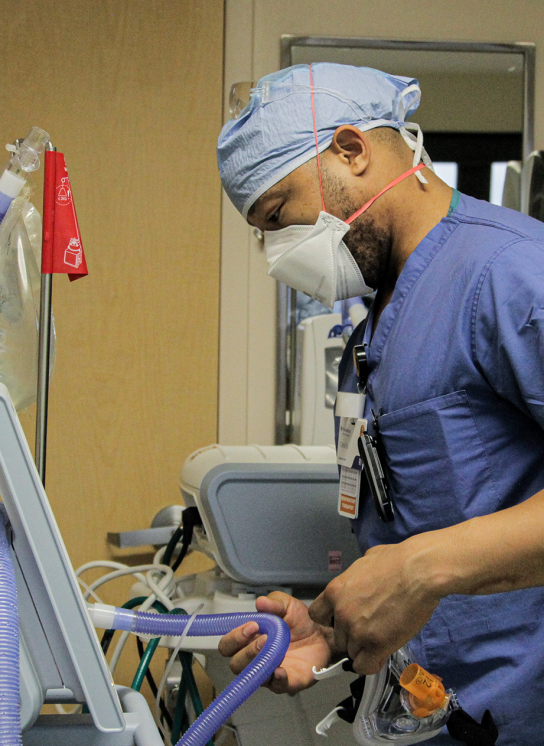The Pros and Cons of Being a Traveling Respiratory Therapist
Traveling as a Respiratory Therapist (RRT) can be an exciting and rewarding career choice, offering unique opportunities and challenges. In this blog, we will delve into the pros and cons of being a travel RRT, addressing the key questions of whether it’s worth pursuing and how you can maximize your opportunities.
Pros of Being a Travel RRT:
Diverse Work Environments:
As a travel RRT, you have the chance to work in a variety of healthcare settings, from large urban hospitals to smaller rural clinics. This diversity exposes you to different patient populations, medical teams, and equipment, enhancing your skills and adaptability.
Competitive Compensation:
Travel RRTs often enjoy higher salaries and additional benefits compared to their non-traveling counterparts. This financial incentive can make the experience financially rewarding and help you build a strong financial foundation.
Professional Growth:
Travel assignments provide opportunities for professional development and growth. You’ll encounter new challenges, technologies, and medical practices, allowing you to broaden your knowledge and expertise within the field of respiratory therapy.
Flexibility and Autonomy:
Travel RRTs typically have more control over their schedules and locations, providing a level of flexibility that may be appealing to those who value autonomy in their work. This flexibility can lead to a better work-life balance.

Cons of Being a Travel RRT:
Temporary Assignments:
One of the main challenges of being a travel RRT is the temporary nature of assignments. Moving from one location to another can be emotionally taxing, especially if you prefer long-term stability in your personal and professional life.
Adjustment Period:
Each new assignment requires you to adapt to a new work environment, team dynamics, and community. While some thrive on change, others may find the constant adjustments challenging and disruptive.
Limited Job Security:
Travel RRTs may face periods of unemployment between assignments, which can impact job security. It’s essential to have a financial plan in place to cover potential gaps in employment. Working with your recruiter on finding consistent employment is key.
Is It Worth Being a Travel RRT?
Whether being a travel RRT is worth it depends on your personal preferences and career goals. If you enjoy variety, new challenges, and the ability to explore different regions, it can be a highly rewarding experience. However, if stability and long-term relationships are more important to you, a traditional, non-traveling RRT position may be a better fit.
Maximizing Opportunities as a Travel RRT:
Build a Strong Network:
Cultivate professional relationships with colleagues and healthcare professionals during your assignments. A robust network can open doors to new opportunities and recommendations for future positions.
Stay Adaptable:
Embrace change and stay adaptable. The ability to quickly adjust to new environments and teams will enhance your success as a travel RRT.
Invest in Continued Education:
Keep your skills up-to-date by investing in continuous education. This not only enhances your value as a respiratory therapist but also increases your chances of landing desirable assignments


Being a travel RRT offers a unique blend of challenges and rewards. By carefully weighing the pros and cons and considering your personal preferences, you can determine whether this career path aligns with your goals. If you decide to embark on the journey of a travel RRT, staying flexible, building a strong network, and investing in your professional development will help you maximize your opportunities and make the most of this fulfilling career.
Still have questions about travel? Look into FAQ that we get here
Want to jump into the Travel RRT world? Luvo Healthcare wants to be with you every step up the way! Look at our jobs and talk with a recruiter today!


